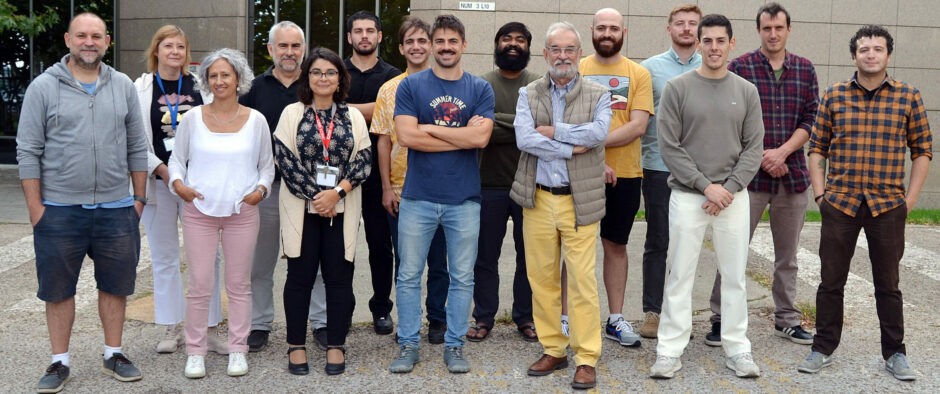 Magnetoelectric Polymer-Based Nanocomposites with Magnetically Controlled Antimicrobial Activity
Magnetoelectric Polymer-Based Nanocomposites with Magnetically Controlled Antimicrobial Activity
Margarida M. Fernandes, Pedro Martins, Daniela M. Correia, Estela O. Carvalho, Francisco M. Gama, Manuel Vazquez, Cristina Bran and Senentxu Lanceros-Mendez
ACS Appl. Bio Mater. 2021, 4, 1, 559–570
DOI: doi.org10.1021acsbm.0c01125
The emergence of antimicrobial resistance is considered a public health problem due to the overuse and misuse of antibiotics which are losing efficacy toward an increasing number of microorganisms. Advanced antimicrobial strategies via development of alternative drugs and materials able to control microbial infections, especially in clinical settings, are urgently needed. In this work, nanocomposite films were developed from piezoelectric PVDF polymer filled with nickel nanowires to control and enhance the antimicrobial activity via the application of a magnetic stimulus. The material was achieved through crystallization of PVDF upon incorporation of anisotropic and negatively charged Ni nanowires in the polymeric matrix. The nanocomposites have shown to possess antimicrobial properties which was considerably boosted through the application of a magnetic field. More than 55% of bacterial growth inhibition was obtained by employing controlled dynamic magnetic conditions compared to only 25% inhibition obtained under static conditions. This work demonstrates a proof-of-concept for materials able to boost on demand their antimicrobial activity and opens the room for applications in novel medical devices with improved control of healthcare-associated infections.

This work has been performed in collaboration between the GNMP group at ICMM/CSIC and the University of Braga in Portugal profiting of their respective expertise in magnetic nanowires and polymers for biomedical applications.
